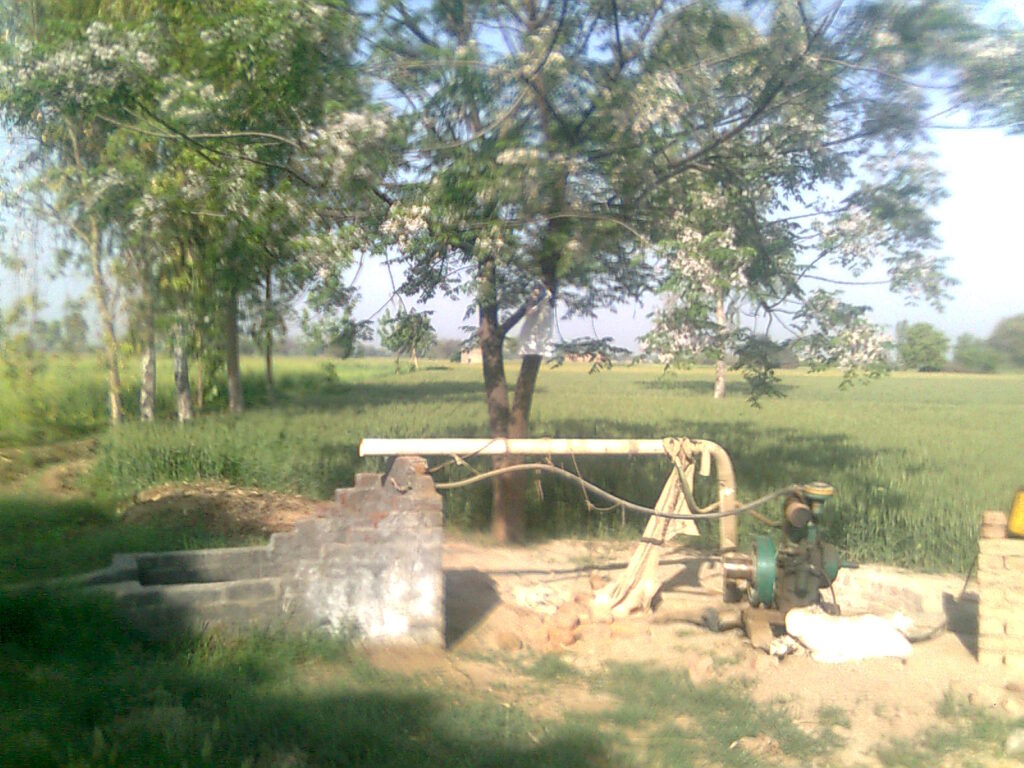World Water Day
WATER IS LIFE AND CLEAN WATER IS HEALTH SAVE WATER
Theme 2022: Groundwater: Making the invisible visible
World Water Day became a UN observance day in 1993. It seeks to focus attention on the global water crisis. On 22 March every year, people and organizations mark World Water Day by taking action to tackle the water crisis.
Groundwater provides almost half of all drinking water worldwide, about 40% of water for irrigated agriculture and about 1/3 of water supply required for industry. It sustains ecosystems, maintains the baseflow of rivers and prevents land subsidence and seawater intrusion. Groundwater is an important part of climate change adaptation and is often a solution for people without access to safe water. Despite these impressive figures, groundwater is out of sight and out of mind for most people.

Human activities (including population and urbanisation) and climate variability are mounting pressure on invisible groundwater resources; consequently, pollution and over-extraction problems are regularly reported in many parts of the world. Regardless of their importance and of evident threats – we know very little about the state and current trends of the World’s groundwater resources.
As the world’s largest distributed store of fresh water, groundwater plays a central part in sustaining ecosystems enabling human adaptation to climate variability and change. Aquifers have a buffering capacity and they are naturally more resistant to external impact than surface waters.
Groundwater is a common-pool resource and is often utilized at an individual level regardless of overall impact on the aquifer because neither use nor impacts are necessarily immediately visible. This becomes even more complex when aquifers cross state or national borders (most of large aquifers in the world are trans-boundary). Therefore, aquifers need to be governed through a process of shared responsibility and participation, information availability and transparency, and rule of law. Otherwise, mining and polluting of groundwater will continue.
Various kinds of ecosystems depend on groundwater: aquatic (wetlands, rivers and lakes receiving
groundwater), terrestrial (vegetation, either shallow-rooted in alluvial settings or deep-rooted in arid zones) and even subterranean (in limestone formations with karstic caverns). Accordingly, groundwater is an essential part of any ecosystem-based adaptation measure, green infrastructure or a nature-based solution. Water-related disease remains one of the major health concerns in the world. The improvement of groundwater quality, in conjunction with improvement in sanitation and personal hygiene is the main strategy to reduce water-borne disease. Groundwater can be polluted from agriculture, sanitation, industry and mining, landfills and waste disposals, traffic and transport and also from chemical processes with geological environment. Regular groundwater monitoring, vulnerability assessment, protection from point-source and diffuse pollution, and pollutant removal, are some of necessary actions in preserving and improving groundwater quality and our health.
About two third of all abstracted groundwater is used in agriculture. Global food production is increasingly relying on groundwater but over-abstraction (depletion) of groundwater eventually leads to decline of food production. About 1/4 of the energy used globally is spent on food production and supply, including groundwater pumping. Deep aquifers, as a potential source and a sink for heat, can play much more prominent role in the provision of renewable geothermal energy.
Groundwater is the main source of water supply in many cities around the world and increasingly under a pressure due to continuous urbanisation, climate change and inadequate water management; for example, groundwater depletion and land subsidence are serious problems in many cities. The pumping rates in the megacities need to be reduced and compensated by urban rainwater harvesting, rural-urban water transfers, aquifer recharge with wastewater and similar measures.
The Institution will be observing the World Water Day on 22 March 2022 with the core focus on the theme of Water Day 2022 and to inspire mitigative policies and actions towards achieving the mandate of Sustainable Development Goal 6 which pronounces “water and sanitation for all by 2030”.
-
Read More Blogs
- Like us on Facebook and Send Your message to us.
- We offer Digital Growth and SEO Marketer services, Website design, Social Media management, Virtual Assistance, Translation of English to Hindi. Fill details to fix Zoom meeting
- Please like Special Movement on Facebook to reduce the negative impact of smart and digital devices.
